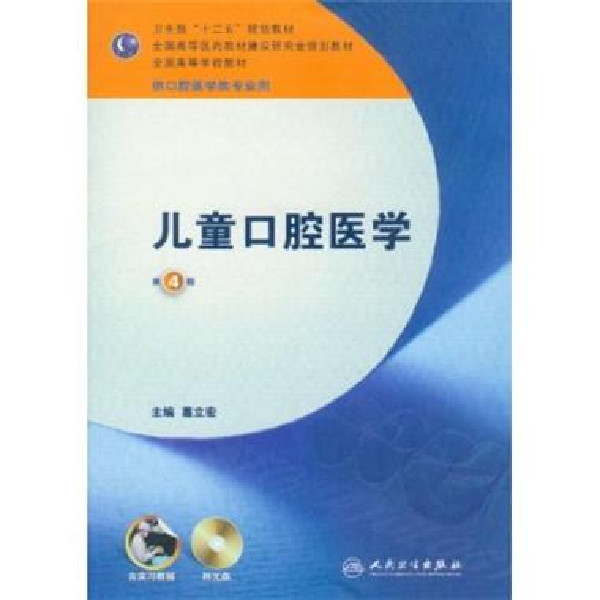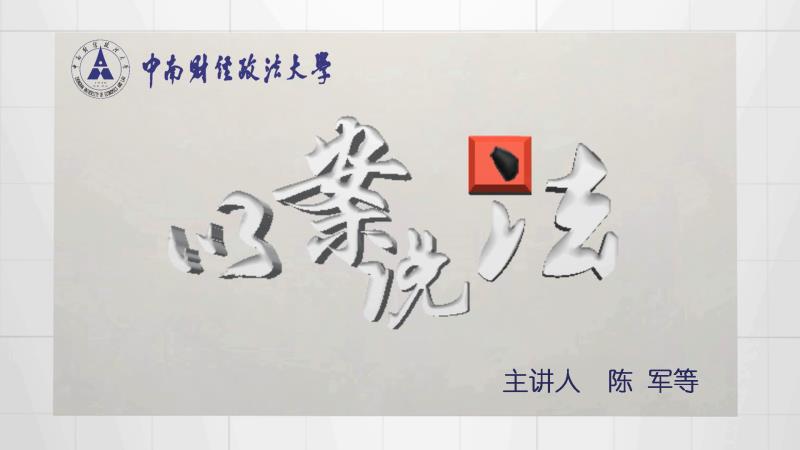
当前课程知识点:Research Methods in Tourism Studies > Week 4 Research Design II > 4.2 Using Experiment in Quantitative Research > 4.2.4 Eye tracking experiment
返回《Research Methods in Tourism Studies》慕课在线视频课程列表
返回《Research Methods in Tourism Studies》慕课在线视频列表
我们使用了神经营销、虚拟现实,我们使用了视频。
下一个是关于眼动的,
这意味着从你的眼球运动中看到你的体验,
你的注意力,和你的反应。
这是一种心理反应,
包括但不限于,正如幻灯片所说的
皮肤电流活动。
他们配备了某种装置
在你的皮肤和手指上。
他们可以随机测试你的皮肤反应、
血压、心率
和眼球运动。
当你去一个地方的时候,
一定要有第一个起点,你的目标是什么,
你如何保持在那个点上,
然后转移到下一个主题。
还有那一刻的面部肌肉。
你生气,你兴奋,你快乐,你微笑,你哭泣。
当然,他们有面部活动。
这些都是测试人们情绪和感觉的不同方法。
这是眼动的一系列应用。
你可以使用人的因素,
也可以在市场上使用,
也可以看到社会行为等等。
这是眼动研究的应用。
有两个图示可以给你看。
从你的屏幕左侧实际上是运动。
第一是当人们看到照片时,
或者参与者想要做一个网络研究。
公司创建了一个网站,
他们想看看你开始先看什么。
然后在那点停留多久。
然后, 你会再看下一个点。
这是从1号数到所有数的路径。
它们可以指出,它们从哪里开始。
所有的底的大小有时都表示你在那里待了多久。
但在右下角,看右下角,
这个图形是你的大脑图像。
红色的部分,就像产生的热量,
或者可能是兴奋。
这也需要一些特定的专家
和你一起工作
来获得数据
因为他们会下载所有的数据,
然后你可以分析数据。
这就是研究目的,当然,从你的位置,
从你的底部压力,
从你的皮肤,
也许面部肌肉,
所有不同的方式,他们可以戴一些设备来测量。
这种方法在市场营销领域很流行。
而且,我认为很多大学
包括我们学校在内,都有这样的设备,
让学生做这样的研究。
因此,眼动跟踪越来越受欢迎。
现在,是一个短片可以分享
一些这种高科技技术的信息。
你可以使用眼动技术来做这项研究。
现在,我列出了几种不同的方法,
当然还有更多的方法可以使用。
这三个是视频里的。
当然,你也可以使用音频,视频,
你也可以使用虚拟现实。
你可以使用神经营销技术,
你可以使用眼动实验。
这些都是你可以用来做实验研究的技巧。
所以,这是一个列表从一到八,
一步一步的研究设计。
首先需要从理论假说开始,
并创建操作定义了自变量
和因变量,因为最终你还需要收集数据,
可以通过自我报告或者下载从你的实验结果数据。
第三,你从人群中随机选择一些参与者。
例如,我们做的这个研究是关于虚拟现实的。
我们有八种情况,因为我们有八种不同的房间模型,
根据它们的颜色,它们的色调,
和亮度,
所以这八种我们随机给每个情况分配参与者。
你需要看看我们有多少个,每个50个。
你有25个或者更多
你需要决定你的参与者是谁,
你如何给每个条件分配参与者
以及每个组有多少参与者。
然后,随机分配可以呈现实验和对照组,
不同条件下暴露实验小组,
控制变量,并学会
自变量的影响通过测量两组的因变量,
这意味着要分析部分,剩下最后一个。
他们使用统计方法来得到结果或者是因果关系
或者是一般的,简单的自变量之间的关系
或者是因变量之间的关系。
所以,这基本上是一步一步做的实验,你可以(做)。
如果你想这样做,这是一个基本的指导方针。
-1.1 Research Question and Research Objectives
--1.1.1 Student interview before class
--1.1.2 The starting point: question
--1.1.3 What is a good research question?
--1.1.4 Ways to find a good research question
-1.2 Title Design
--Acticle: Leisure & Travel as Class Signifier: Distinction Practices of China's New Rich
--Discussion: Why do we research?
-1.3 Literature Retrieval Method and Literature Databases
--1.3.1 Common literature retrieval method
--1.3.2 Common literature search database
-1.4 Information Collection and Academic Journals in Tourism
--1.4.1 Academic journals in tourism research
--1.4.2 Literature collection methods and principles
-1.5 Literature Reading
--1.5.2 Overcoming obstacles in literature reading
--Week 1 quiz
--Discussion: What difficulties have you encountered in reading literature?
-2.1 Philosophical Bases of the Two Approaches
--2.1.1 Philosophical bases of the two approaches
-2.2 Differences between the Two Approaches
--2.2.1 Differences between the two approaches
--Article: Does tourist–host social contact reduce perceived cultural distance?
-2.3 Be Aware of Your Own Research Views
--2.3.1 Be aware of your own research views
--Discussion: How to choose research method?
-2.4 Research Example: Social Tourism
--2.4.1 What is social tourism?
--2.4.2 Established frameworks on social tourism
--2.4.3 Major research findings on social tourism
--2.4.4 Major findings of social tourism research
--2.4.5 Opportunities and challenges for social tourism
--Week 2 quiz
- 3.1 Key Procedures in Qualitative Approach
--3.1.1 Key procedures in qualitative approach
-3.2 Qualitative Data Collection and Analysis
--3.2.1 Key procedures and data collection methods in qualitative approach
--3.2.2 Data collection and analysis in qualitative approach
--3.2.3 Data analysis in qualitative approach
-3.3 Case Study and Content Analysis
--Discussion: Have you ever used a qualitative approach in your research?
-3.4 Using Coding and Themes in Qualitative Research
--3.4.1 Using coding and themes in qualitative research(1)
--3.4.2 Using coding and themes in qualitative research(2)
-3.5 Using Conceptual Framework in Qualitative Research
--3.5.1 Using conceptual framework in qualitative research(1)
--3.5.2 Using conceptual framework in qualitative research(2)
--Article: Tourist typology in social contact: an addition to existing theories
--Week 3 quiz
--Discussion: How to ensure the reliability and validity of qualitative study?
-4.1 Using Questionnaires in Quantitative Research
--4.1.1 Make an effective literature review and research method design
--4.1.2 Learn to write powerful findings and discussion
-4.2 Using Experiment in Quantitative Research
--4.2.4 Eye tracking experiment
-4.3 Using Mixed Method
--4.3.1 Sustainabble tourism development (1)
--4.3.2 Sustainabble tourism development (2)
--Article:Creating a scale for assessing socially sustainable tourism
--Week 4 Quiz
--Discussion: How to use quantitative methods to study tourists' reaction?
-5.1 Current Research Priorities
--5.1 1 A review of hospitality research
--5.1.2 Impact of information technology on hospitality and tourism research
-5.2 Multi-Level/ Multiple Sources of Date Collection
--5.2.1 Experimental design (1)
--5.2.2 Experimental design (2)
--5.2.3 Multi-level/multiple sources of data collection
-5.3 Mixed Method and Interdisciplinary Research
--5.3.2 Interdisciplinary research
--Article: The meanings of destination: a Q method approach
--Discussion: Can you talk about your understanding of research methods?
-5.4 Using Delphi Method in Research Design
--5.4.1 What is the Delphi method?
--5.4.3 Characteristics of the Delphi method
--5.4.4 Predicting the future of wine tourism
--Week 5 quiz
--Discussion: Philosophical basis of research methods
-6.1 Journal Publication
--6.1.1 How to publish in the top journals? (1)
--6.1.2 How to publish in the top journals? (2)
--6.1.3 How to publish in the top journals? (3)
--6.1.4 How to publish in the top journals? (4)
--Article: Analyzing the economic sustainability of tourism development: evidence from Hong Kong
-6.2 Academic Ethics
--6.2.2 Student interview after class
--Week 6 quiz
--Discussion: Academic publication and academic ethics
--Final quiz

